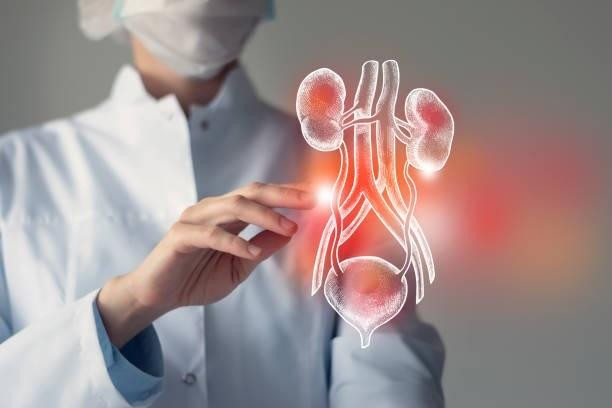Being a living donor is one of the most rewarding experiences you can have. By donating a kidney, you can, quite literally, save a life. With the Alliance for Paired Kidney Donation’s kidney matching program, you can even help a loved one get a kidney by donating to someone else, even if you are not a match for your loved one.
If you are considering this life-giving gift, you may be wondering what to expect from the process. Donation is possible if you have two healthy kidneys and are a match for the recipient, and you can also donate through our kidney exchange program even if you aren't a match for your loved one. You can function well with one kidney, and your donated kidney can give the recipient a new lease on life. Yet there are likely some questions about the process in your mind, so here is what you can expect.

What to Expect Before Surgery
About a week before surgery, you will go to a pre-surgical meeting with the recipient and both people’s family support. This meeting will explain the surgery and what to expect afterward. This is when you can have any specific questions answered.
Before surgery you will need to plan for your recovery period. You will likely go home one or two days after surgery, but you will be under restrictions for at least the first three weeks while your body heals. If you participate in the APKD Donor Protection Program, you can get reimbursement for some or all of your lost wages during this time. You will likely need some help during this recovery period, so make plans for that before your surgery.
The Procedure
On the day of your surgery, you will be carefully monitored at the hospital. The surgeon will make a couple of small incisions and fill the abdomen with air, and this will allow them to insert cameras to see the kidney. A small three- to seven-inch incision in the lower abdomen is used to remove the kidney. It is then taken directly to the recipient while your surgeon finishes your procedure and you move to the recovery room. The procedure itself lasts two to three hours.
The Recovery
You will likely experience some pain during recovery. This is a major surgery, with an open incision. You will get pain management while you are in the hospital, and you will be sent home with medication to help you manage pain as well. While you are on pain medication, you need to rest and avoid driving.
If you had to travel to the transplant center, your doctor may request that you stay close by. The Donor Protection Program can pay for travel expenses and hotel stays. Staying close will allow them to monitor your health and the function of your remaining kidney.
Most kidney donors can return to regular activities two to four weeks after surgery. If you regularly play contact sports or have a highly strenuous job, your restrictions may be longer. You will need to visit the transplant center six months, 12 months and 24 months after your donation to have tests and bloodwork done.
How The Alliance for Paired Kidney Donation Can Help
Throughout this process, the Alliance for Paired Kidney Donation offers donor support. Our Donor Protection Program will compensate you for many of the expenses of this process while also providing important insurance. Our paired donation program makes it easier to find a recipient who is a match. Reach out to APKD today to learn more about this program or to sign up on our kidney match registry, and take the first step toward saving a life through kidney donation.
Source URL :- https://lifesay.net/considering-being-a-living-donor-heres-what-to-expect/




Comments